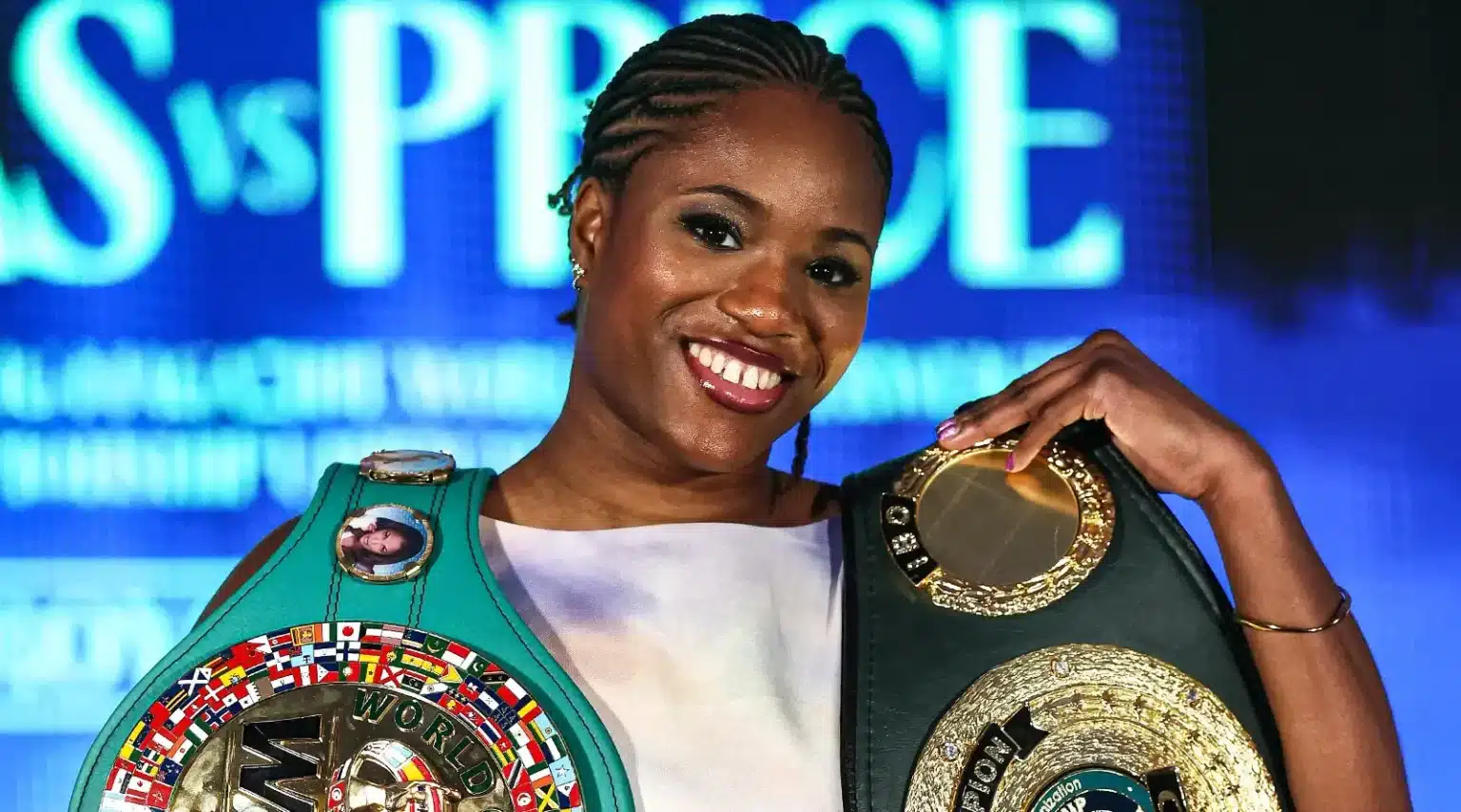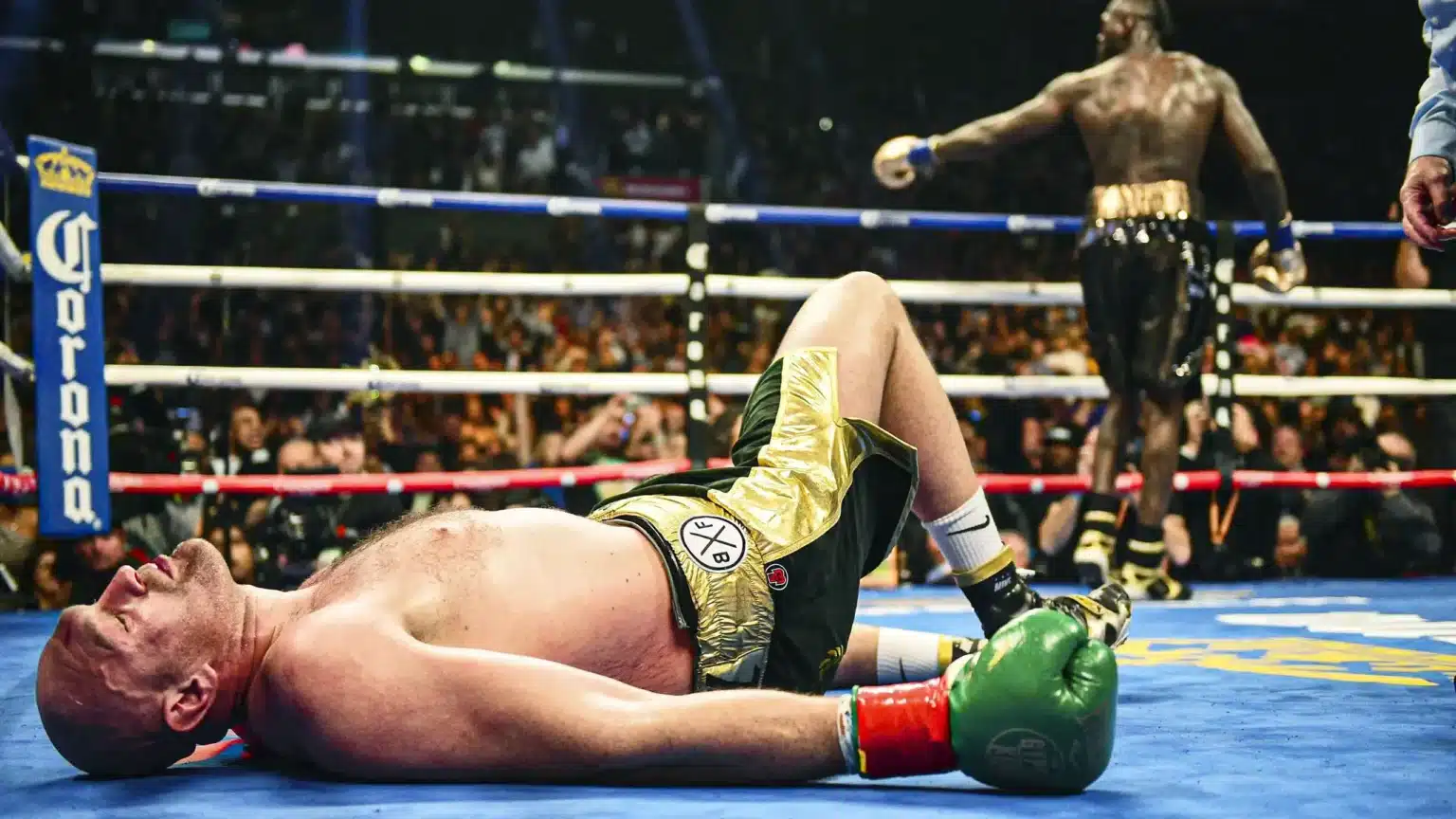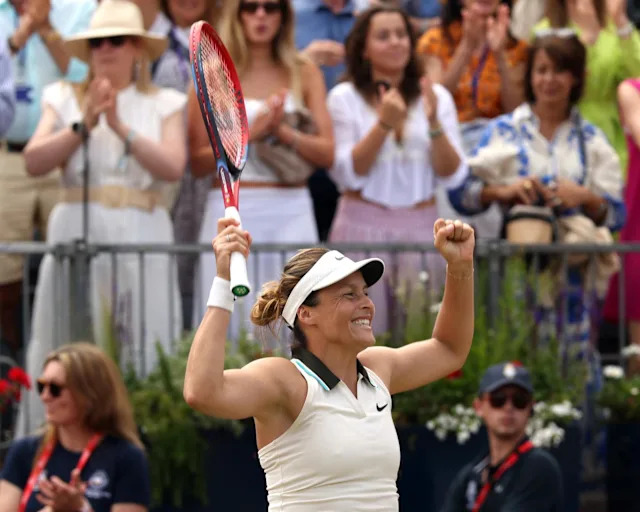Fabio Wardley will emerge on a beautiful June night in Suffolk as a living symbol of a town’s pride, defiance, and memory, not just as a fighter. Under the lights, Portman Road, which is typically associated with boots and chants, will gleam like never before. It’ll turn into a cathedral of flags and fists. The clamor of a thousand silent dreams ripped from bar seats and construction sites, yelled out in the accent of a proud, working-class town, will be the noise—not just expectations. This is more than simply a bout of boxing. It’s a full-throated, daring meeting between Ipswich and its son. In Britain, homecoming conflicts evoke a spirit from long ago. They are more than just a novelty in marketing or a practicality of location. They are affirmations made by the community. The audience testifies, not just supports. Recognizing the fighter’s origins, the struggles he endured, and the person he reminds them of permeates every cheer. A man risking loss in front of his people by going back to his own streets has a certain allure. It has a fearlessness about it that belts cannot quantify. We’ve seen it before. With Everton’s thunder behind him, Tony Bellew stood triumphant on Goodison Park’s grass, his tears unquenchable by a belt. As if he had leaped from the terraces himself, Ricky Hatton drew forty thousand people into the City of Manchester Stadium, all dressed in blue and white. With the cries of Elland Road as harsh and rhythmic as any blow delivered, Josh Warrington was roaring on the shoulders of Leeds. It was more than simply Welsh pride when Joe Calzaghe battled in the Millennium Stadium; it was a father-son tradition performed on a national scale, spanning generations. These nights are unique because of loyalty as much as attendance. Due to their proximity—geographically, emotionally, and spiritually—British boxing fans are among the most fervent in the world, not because they are the loudest. The man in the ring can be your neighbor, your cousin, or the younger brother of your friend. And he frequently is. When stadium fights are publicized, snobbery frequently infiltrates the scene—the idea that 30,000-strong crowds are diluted, that they are there for the novelty, that they are football fans on a night off. This snobbery disregards the essence of British boxing. When you watch six fights at York Hall, you’ll see six distinct pockets of support: youngsters with gloves slung over their shoulders, men and women wearing similar T-shirts, and elderly boys wearing trilbies. They travel from Swindon, Sunderland, Luton, and Liverpool—not for show, but for a friend or representative. The sound of those low ceiling traps is like the rage of a clinched fist. Everyone winces as each thudding body shot strikes. It’s a place where you can simultaneously hear someone argue over a drink order and the directions for the corner. It’s not glamorous, unless you think that blood, sweat, and the reverberations of history resonating off rickety wooden seats are glamorous. However, it is considered by many to be the core of British boxing. A place where every round is recited like a hymn, yet where dreams are honest, unvarnished, and sometimes fleeting. York Hall is the blues, if Wembley is opera. One of the few sports in which working-class Britain still has a definite sense of identity is boxing. The concept remains the same regardless of whether the venue is a football stadium like Portman Road or a historic theater like York Hall. It is an embodiment of hardship. The boy used to work on doors. The child whose mother worked at three jobs. The girl who retaliated more forcefully after learning the hard way. This mob sings for remembrance, for perseverance, and for belief rather than for commercial gain. These nights don’t have that sleek corporate shine. Even though the lights are brighter and the music is louder, the sentiment is still unadulterated. A homecoming battle combines a thank-you, a tribute, and a reckoning. Every neighborhood bar is swelled with pride. He received coaching from the bus driver when he was a teenager. His banner is being carried by his classmates. Above all, the fighter is approaching the ring with the knowledge that this location shaped him and that he must now honor it with everything he has. Beyond the spectacle, a social fabric is also in play. A British boxing crowd is a clash of cultures, with hearing aids tucked behind cauliflower ears and youths in Nike tracksuits peering over railings. builders and entrepreneurs. bricklayers, teachers, barbers, and nurses. They’re all elbow to elbow, bound together by a person they call their own. Perhaps more than any other sport, boxing reflects the British class system in all its ambiguous beauty—from ambition to hardship, from adversity to heroism. Fights during homecoming also speak to a deeper aspect of community. These evenings provide us with a sense of stability in a time of global audiences and digital disengagement. They return it to a coach who showed up rain or shine, a neighborhood gym, or a postcode. There are ten spectators who didn’t quite make it for every warrior that makes the walk. Nevertheless, it seems like a collective triumph when one does. It’s intimate. It’s poetic. These are not only the fighters’ nights; they are also for the moms and dads who drove them to training in old cars with broken heaters. For the ancient coaches whose whistles and scarred hands outlasted the gym walls where they practiced. For the friends who showed out on sparring evenings with heart and hangovers or helped out with gloves. When the ring is set in a hometown, it transforms into an identity theater. Furthermore, the sound—that unadulterated, unproduced outburst when the fighter’s name is called—is more than just encouragement. It’s confirmation. In front of those who witnessed his development, the youngster who once wandered these streets returns as a man to conquer. They then roar because they are there, not because he is. Fabio Wardley will therefore be doing more than simply defending his undefeated record when he takes the field at Portman Road this Saturday. He will be entering a covenant between the fighter and his supporters, as well as between the past and the present. And regardless of what happens as fists begin to fly beneath the Suffolk sky, the night will have already imparted valuable knowledge: despite boxing’s glamour and international appeal, nothing compares to returning home. Perhaps there is nothing more significant. Because a local boy is no longer alone when he enters the ring with the sounds of his village behind him. He bears everyone in that instant. And the strength of location, people, and pride forged in the furnace of familiarity is infused into every punch he delivers. Because of this, a homecoming fight in Britain is a symphony of souls rather than merely a fistfight. Britain offered us heart if America gave us razzmatazz. The pyrotechnics are less spectacular and the ring walk is shorter, but the feeling is more profound than any LED-lit show. The volume of the speakers is not important here. People’s loudness when they see someone who made it out and decided to return is the issue. Additionally, be aware that you will be witnessing more than just a boxing bout when the bell rings at Portman Road. A love letter between a fighter and his town will be on display for you to see. sweat-stained scrawl. Sealed in leather. proudly signed.
For Fabio Wardley, it was more than just a homecoming battle.
Search
Latest Posts
Latest Comments
No comments to show.
Categories
Archives
- August 2025 (1)
- June 2025 (50)
- April 2025 (30)
- March 2025 (2)
Tags
Newsletter
“

By signing up, you agree to the our terms and our Privacy Policy agreement.




Leave a Reply